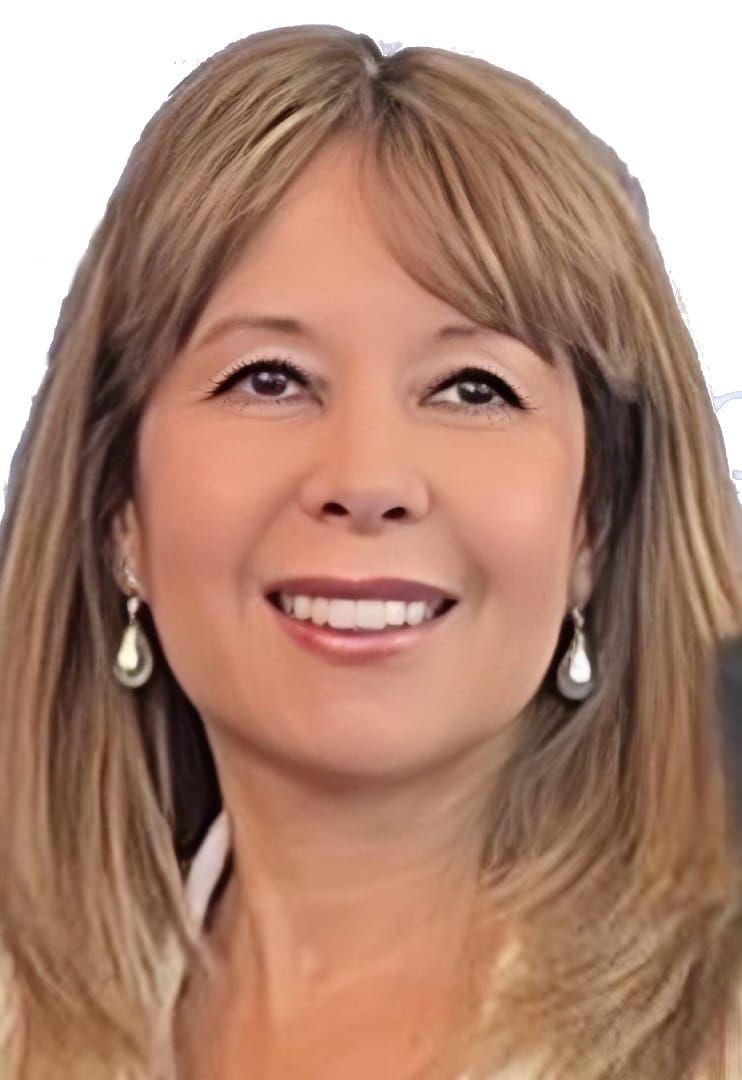Short Bio
Patricia Akester, PhD
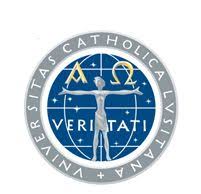
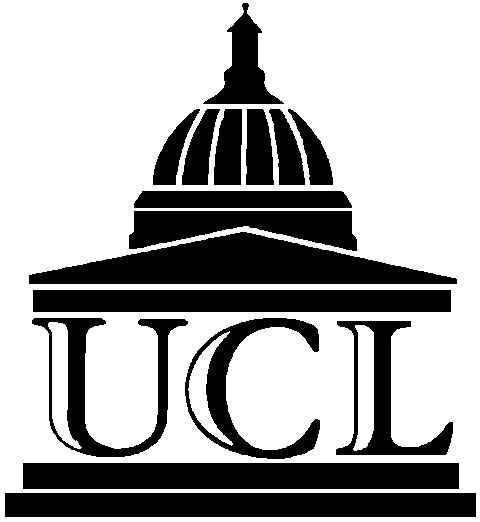
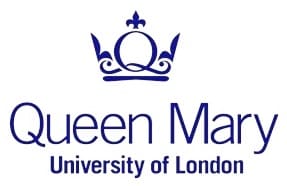
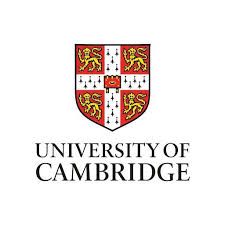
Patricia Akester, PhD
Copyright & AI lawyer, columnist and media analyst in law, technology and global ethics
Patricia Akester is a lawyer specialising in Copyright and Artificial Intelligence (AI), working working at the intersection of law, technology and ethics, where legal language is continually tested by the velocity of innovation.
She advises institutions, organisations and creators on complex legal advisory and policy-facing issues, particularly in Copyright and AI governance, helping shape legal and regulatory strategies that account for technological power and fundamental rights.
She holds a Law degree (Lisbon), an LLM in Intellectual Property Law (London), and a PhD in International Copyright and the Challenges of Digital Technology (London). Her education shaped a method that unites legal rigour with moral awareness. Each academic degree became a vantage point from which to observe how law, culture, and innovation redefine one another.
Her academic and professional journey has included post-doctoral research and a fellowship at the University of Cambridge, as well as teaching experience in Lisbon, London and Cambridge. For her, research is not an abstraction but a civic act, but the place where law tests its limits and meaning, anticipating the change it must embrace to remain true to itself. Teaching, in turn, is a form of translation: transforming complexity into understanding without abandoning depth.
On the international stage, she has provided legal counsel to leading organisations including UNESCO (Paris), the Aga Khan Development Network (Paris, Lisbon), the Motion Picture Association of America (California) and the Anne Frank Fonds (Basel). In Portugal, she served as Of Counsel at Sérvulo & Associates and in 2019 founded her own legal consultancy office focused on Copyright Law and Artificial Intelligence. Whether advising international institutions or emerging enterprises, her purpose has remained constant: to reconcile law, innovation and the ethics of creation.
She has published extensively, authoring and contributing to numerous books and articles in the field, including, in the UK, Sterling on World Copyright Law (Sweet & Maxwell, London) as a contributor (since 2009) and, in Portugal, as sole author:
** Copyright Law in Portugal, Portuguese-speaking African Countries, EU and International Treaties (Coimbra, Almedina, 2013)
** Annotated Portuguese Copyright Law and Related Rights Code (Coimbra, Almedina, 1st edition in 2017; 2nd edition in 2019; 3rd edition in 2024) with an article-by-article commentary.
In each of these works, she has sought to interpret the law not only through its text but through its ethical dimension, exploring the dialogue between protection and access, between the voice of creators and the responsibility of institutions.
In addition to her practice, Patricia is a regular media analyst and columnist, commenting on the legal, ethical and public policy dimensions of global affairs, including AI, on national television and in the press. Behind every technological or geopolitical debate lies a legal question, and at the heart of every legal question, an ethical one. It is within this space, where law confronts conscience, between what is possible and what is due, that her reflection takes shape.
She serves as Vice-President of ALAI Portugal and is a member of the Editorial Board of the Portuguese Bar Association Journal and the European Copyright and Design Reports.
Across her professional, academic and public work, law is understood not as an instrument of power, but as a language of responsibility.
Law as conscience. Thought as public service. Clarity as resistance.


